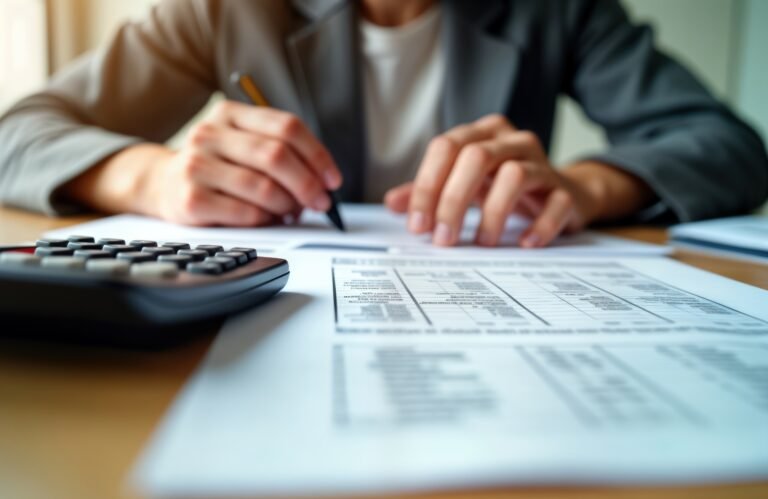There’s nothing quite like the experience of buying your first home. It’s exciting, overwhelming, empowering, and completely nerve-wracking. Whether you’re just starting to browse listings or you’ve already scheduled showings, the emotional highs and lows are real. But beneath those feelings lies a big financial decision that requires preparation, patience, and perspective.
Here’s a look at the emotions you can expect and the key things to keep in mind throughout the process of buying your first home.
The Excitement of Possibility
When you first decide you’re ready to buy a home, there’s a rush of excitement.
What to Do Now:
- Look at your budget to see how much of a monthly payment you can afford.
- Get pre-approved for a mortgage. You’ll need quite a few documents for this process like proof of income, bank statements, identification, assets, other debts, etc.
- Start a list of “must-haves” vs. “nice-to-haves” to guide your search.
- Research neighborhoods, school districts, and commute times.
The Anxiety of Big Decisions
Once the process starts moving with appointments, numbers, terms like “escrow” and “PMI (Private Mortgage Insurance),” the excitement may turn into stress. You’re not just picking a home, you’re choosing a mortgage, a location, and a financial commitment that could last decades.
Emotions You Might Feel:
- Fear of making the wrong choice
- Uncertainty about what you can really afford. This is where the importance of a financial plan comes into play so you know exactly how much you can afford without interfering with your other financial goals.
- Worry that you’re missing out on something better
What to Do Now:
- Work with a trusted real estate agent who can explain the process clearly.
- Ask questions. Lots of them.
- Don’t rush. This is likely the biggest purchase you’ve ever made, so you want to feel confident in it.
The Pressure of Finances
Between down payments, closing costs, inspections, and moving expenses, the financial side can feel like a balancing act. There’s a lot more to consider than just the sticker price.
What to Plan For:
- Earnest money, or a good faith deposit, when you make an offer and the seller accepts (1%-3% of home’s purchase price).
- This shows the seller that you’re serious about buying the house. If the purchase goes through, this money is typically put towards your down payment.
- Down payment (typically 20% to avoid PMI)
- Closing costs (2–5% of the loan amount)
- Home inspection and appraisal fees
- Emergency funds for repairs and move-in costs (3-6 months of living expenses).
What to Do Now:
- Begin looking for a homeowner’s insurance policy. You will need to have a policy in place before the closing date.
- Avoid new debt while under contract.
The Relief & Worry Begins
When your offer is finally accepted, the wave of relief and joy is unforgettable. You’re finally under contract but don’t pop the champagne just yet. There’s still work to be done with inspections, finalizing your loan, and preparing for closing.
Checklist:
- Schedule a home inspection immediately.
- Review your mortgage disclosures carefully.
- Stay in close contact with your lender and agent to avoid delays.
Conclusion
Buying your first home is a unique mix of exhilaration and pressure. If you approach it with a solid plan, a clear understanding of your finances, and the right professionals by your side, you can enjoy the ride and step confidently into the next chapter of your life.
If you have questions and would like to talk with us further, please call us at 513-271-6777. For more THOR reading, click here to go to the Blogs and Market Updates section on our website. Follow us on social media:





